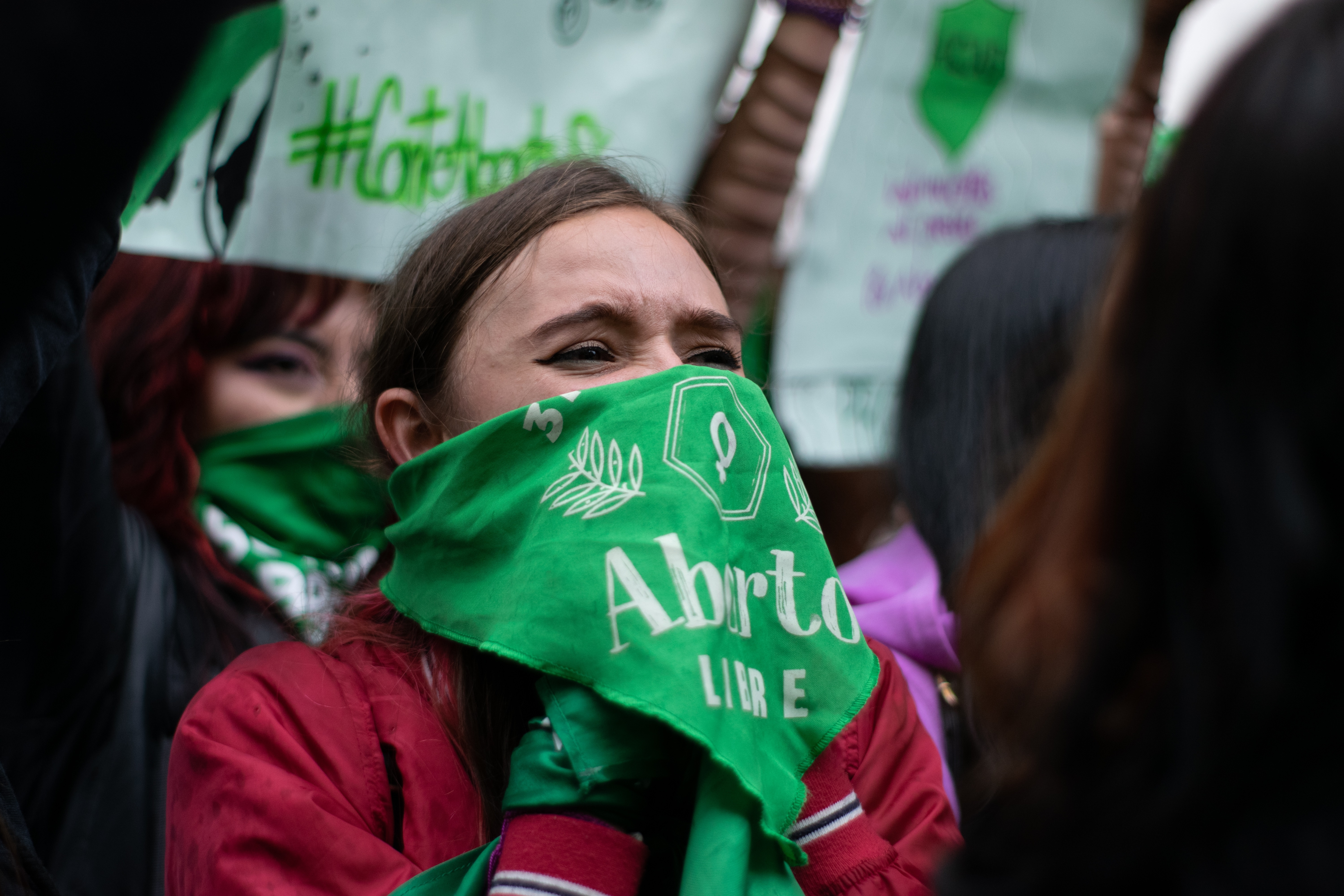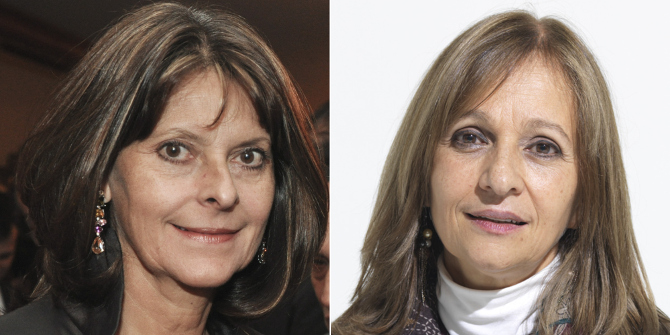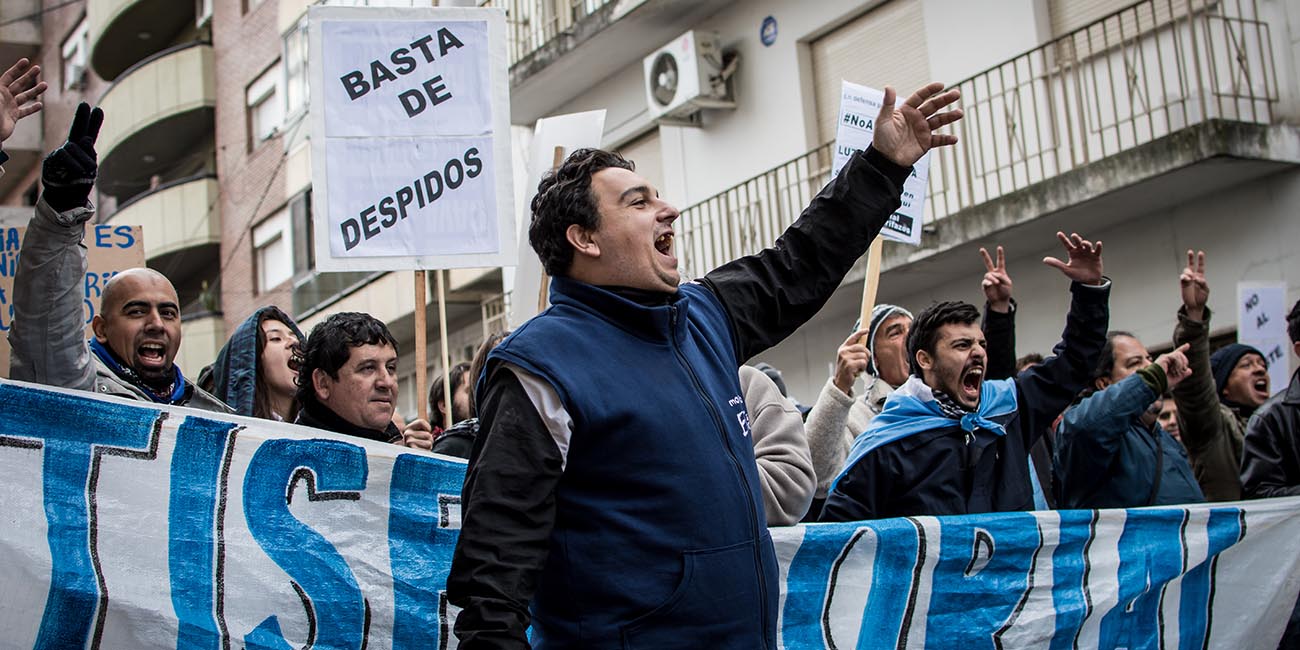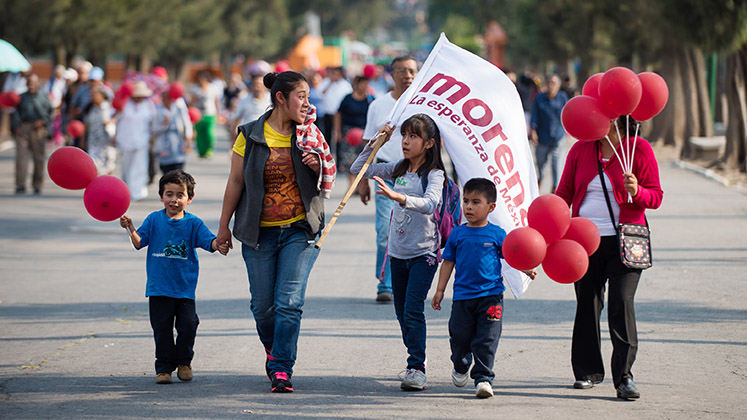 Further economic deterioration and more drastic international sanctions resulting from a Maduro ‘win’ will only reinforce his linchpin of high-level military support, writes Diego Moya Ocampos (IHS Markit).
Further economic deterioration and more drastic international sanctions resulting from a Maduro ‘win’ will only reinforce his linchpin of high-level military support, writes Diego Moya Ocampos (IHS Markit).
Venezuela is holding a presidential election on 20 May 2018 in which incumbent president Nicolás Maduro, in power since 2013, hopes to extend the United Socialist Party of Venezuela’s (PSUV) rule for six more years.
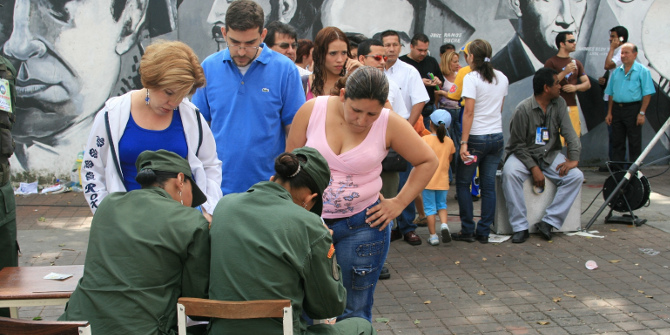
Politics amidst economic crisis
Maduro’s popularity has been significantly undermined by severe shortages of food, basic goods, and medicines, as well as periodic water rationing, blackouts, and a prolonged recession (since 2013). Venezuela’s economy is likely to contract at least 15% in 2018 and inflation will be as high as 8000%.
Economic recovery in Venezuela is only possible through its oil sector, which represents 25% of GDP, 50% of fiscal revenues, and 97% of export revenues. However, oil production has fallen 43% since 2015 and currently stands at 1.5 million barrels per day, according to the Organisation of the Petroleum Exporting Countries (OPEC).
The US last year imposed sanctions on the issuance of new debt and equity issued by the Venezuelan government and state oil company PDVSA, although with Venezuelan debt trading at 45 percentage points above US Treasury yields, private-sector lending and new bond sales are practically impossible, as markets are assuming heavy losses from future debt restructuring.
The only opposition candidate who might benefit from this parlous state of affairs is Henri Falcón of the Progressive Advance Party (AP). He was expelled from the dominant opposition Democratic Unity Roundtable (MUD) coalition, which is boycotting the election and calling it a “farce”. Most polls have shown Falcón leading by over 10 percentage points but the international community and the MUD claim that minimum conditions for a free and fair election will not be met.
As such, the election will not be recognised by most of the international community, including the US, the EU, Canada, and Latin American countries like Argentina, Brazil, Chile, Colombia, Peru, and Panama. These states are calling for postponement, appointment of a new National Electoral Council (CNE), and reform of the electoral system.
The post-election political, economic, and international outlook
The most likely scenario is that Maduro will be re-elected thanks to divisions within the opposition and governmental influence on the military and the CNE. Falcón is likely to recognise the results and potentially engage in a national dialogue with the government in order to explore ways to stabilise the economy.
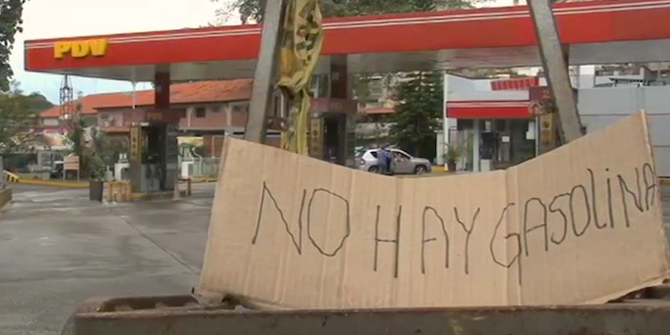
The US, however, may well respond to allegedly fraudulent elections with sanctions targeting the oil sector. This could involve bans on Venezuelan oil imports to the US, exports of US diluent to Venezuela, or transactions in US dollars involving PDVSA. This is critical as Venezuela is already in technical default on sovereign and PDVSA debt due to its repeated failure to make timely payments within grace periods.
The most likely scenario is one of further economic deterioration due to economic mismanagement and sanctions. The population will increasingly rely on government food programmes such as CLAP food bags, which are delivered weekly to civil servants and low-income areas. This system is also likely to be hit by international sanctions, however, as these sanctions will make it harder for the government to import food and basic goods.
The combination of international sanctions, lower oil production, and weak international oil prices is likely to intensify shortages of food and basic goods, as well as undermining the country’s already crumbling energy and utility infrastructure. Protests and riots will continue to be common, with an average of 30 protests already occurring daily. Likewise, looting of supermarkets, pharmacies, and retail stores will continue.
The potential for protests to destabilise the government will be mitigated by the mass migration of discontented Venezuelans to Colombia and elsewhere in the region. Colombian authorities estimate that more than a million Venezuelans have already relocated to Colombia.
The crucial role of the military
More broadly, Maduro increasingly relies on the military for his survival. And the weaker Maduro becomes, the more power military commanders will obtain, largely behind the scenes.
Senior military officials, represented by the High Military Command, will continue to control much of the formal economy, from oil, ports, and airports to imports of basic goods (which many arrange through intermediaries and shell companies). But they will also continue control informal market channels linked to drug trafficking, illegal mining, and fuel smuggling.
Their privileged position reduces the risk of a military coup and increases the chance of strong repression of protests in poorer areas. Security forces have shown themselves to be capable of containing protests, including looting, before it becomes widespread and threatens the stability of the government.
So far, discontent among the middle ranks in the military and the police force has only served to trigger purges, and this is likely to continue. Any attempt to stage a coup could end in failure without the support of the military’s upper echelons.
The military might consider withdrawing its support only in one of two improbable scenarios:
- Falcón manages to secure an electoral majority;
- Widespread protests and looting escalate beyond the containment capacity of the security forces.
Trade relations with Russia and China are a key indicator of government and policy stability. Venezuela is becoming increasingly dependent on these sources for funding, credit, and the scope to sell and transport oil outside of Venezuela, especially if sanctions are extended.
A second major issue is that a Maduro win could see Venezuela’s relations with Colombia deteriorate. This has become more likely due to the increased flow of migrants and allegations from the Colombian government that the insurgent National Liberation Army (ELN) operates freely in Venezuelan territory. These factors are likely to generate further regional pressure for new sanctions.
Notes:
• The views expressed here are of the authors and do not reflect the position of the Centre or of the LSE
• The title and introduction to this piece were modified on 17 May 2018
• Please read our Comments Policy before commenting


